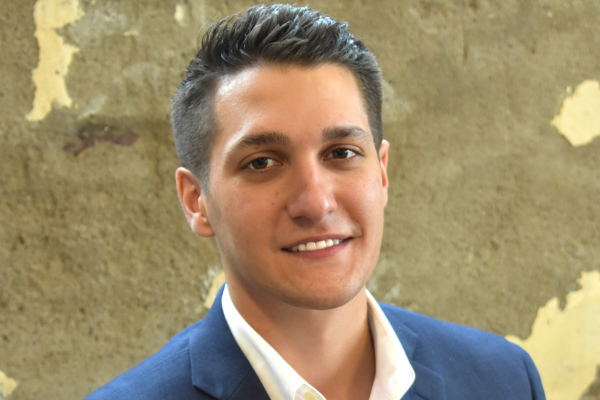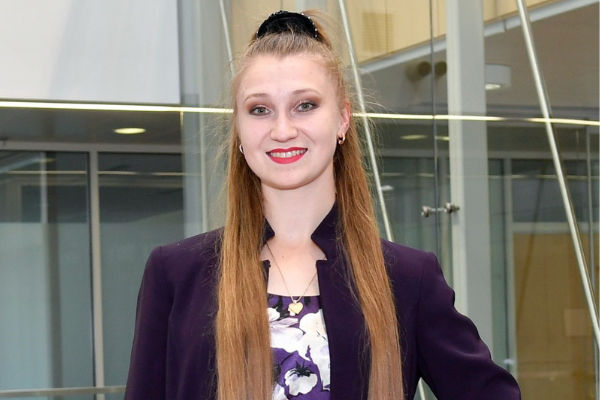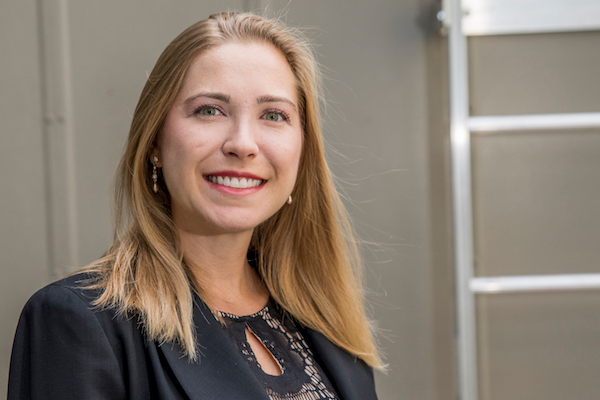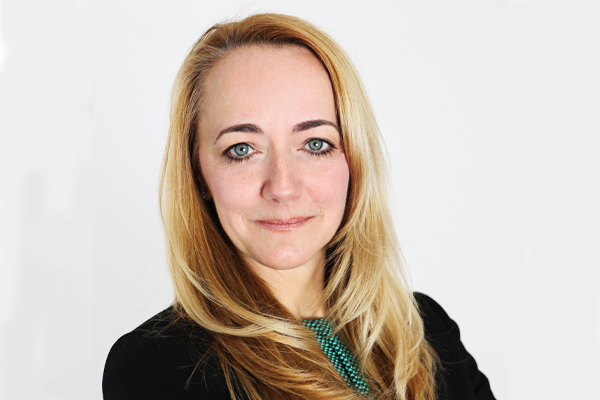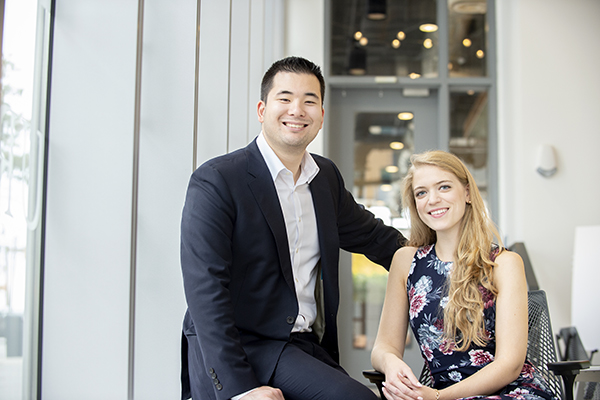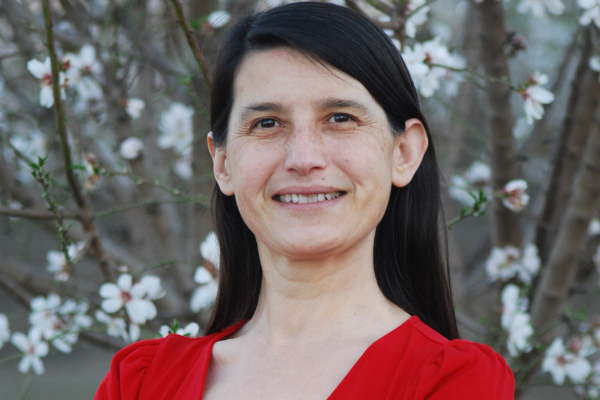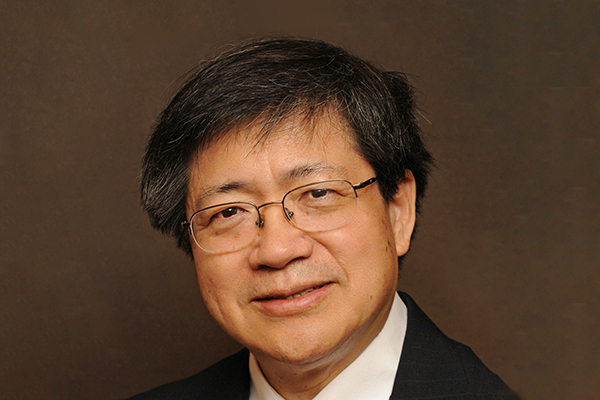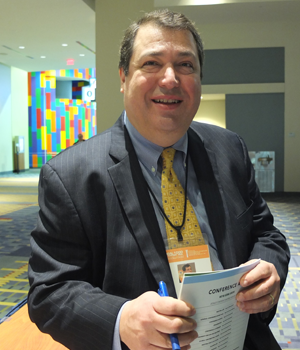
Tony Stanco, Esq. is the founder and executive director of the National Council of Entrepreneurial Tech Transfer and co-founder of National Angels USA. Previously he was the director of the Council of Entrepreneurial Tech Transfer and Commercialization (CET2C) of The George Washington University. Mr. Stanco was a senior attorney at the Securities and Exchange Commission. He also has worked on innovation policy, including start-up creation and funding by angel investors and VCs. At the School of Engineering and Applied Science at The George Washington University, Mr. Stanco worked with universities and governments around the world on innovation policy, startup finance policy, software policy, Open Source, cyber-security, and e-Government issues. Mr. Stanco has appeared before the US Congress, various US defense and civilian agencies, the World Bank, the European Commission, United Nations, Inter-American Development Bank, and Organization of American States. Mr. Stanco teaches the Lab to IPO course dealing with start-up formation and funding. He has an LL.M. from Georgetown University Law Center in securities regulation and is licensed as a lawyer in New York state.
What prompted you to shift from senior attorney at the SEC to Executive Director of the National Council of Entrepreneurial Tech Transfer (NCET2)?
After the SEC, I joined George Washington University where I started NCET2. I witnessed how innovation and startups are the main drivers for the economy and NCET2 was a vehicle to bring together a community of universities that saw startups as a way to take federally funded R&D and place it into research-based startups for Fortune 1000 business units. After fifteen years at NCET2, I marvel at the how far the startup ecosystem has developed over the years.
From what you have seen, what has been the biggest obstacle for university startups to enter the market? Has it changed since you've started NCET2?
Startups (not just university startups) generally don't understand the market and their customers. Everyone these days has a great idea but how do you differentiate yourself? Do you know who your competitors are? Do you have a coherent story to sell to investors so they invest in your company?
Since starting NCET2 we’ve created a model where we take a university startup, usually one that is too early to invest in, and we showcase them through Virtual Startup Pitches to our corporate members and our Startup Development Officers - this allows the startup to receive feedback on how they’ve structured their business model and how to improve the way they talk to potential investors and partners.
We help startups with these obstacles by working with our corporate members to recommend milestones for the startups. In a way we “package” these startups so that they’re ready for investors and a potential exit to corporates.
Is there a process for screening potential Startup Development Officers to certify? If so, what does that look like?
Our SDOs are former Fortune 500 executives, angel investors, serial entrepreneurs and startup attorneys. Anyone who falls into any of these categories can apply to be an SDO.
The application process is simple - they provide their CV and information about their degree of interaction with startups, corporates, investors, or universities. We review each application though a screening committee of NCET2 management and other SDOs. If they pass the initial screening, we schedule an interview to get a better grasp of their experience working with stakeholders in the innovation and startup community.
How does NCET2 help researchers and entrepreneurs with their startups?
NCET2’s Corporate-Startup Development Program is a comprehensive program that focuses on startup creation and development. We build startups from the ground up by helping researchers and entrepreneurs navigate the legal intricacies of creating and running a company. We help them put together their teams, stock option plans, and a coherent story to ready their startup for potential investors and an exit to corporates.
What advice would you give to aspiring entrepreneurs?
Creating and running a startup is not a 9-5 job. It's long hours with financial instability, and short-term and long-term challenges. So, it isn’t easy - they need to believe in what they’re doing and have a clear vision on how to get from Point A to Point B. Also, they have to understand that they cannot do it alone - they need to surround themselves with a good team, with competent technical members and experienced business members - people who are as dedicated to the vision and work as hard as the founders.
Any hobbies or interests you engage in during your free time (if there is such a thing for you?)
I like being on the water and sailing is my passion. It’s an activity that I share with my wife and three boys. Being located in Washington, DC allows us easily get on Chesapeake Bay or to Rehoboth Beach.
This article has been edited for length and clarity. The opinions expressed in this article are the author's own and do not necessarily reflect the view of their employer or the American Chemical Society.
Copyright 2020 American Chemical Society (All Rights Reserved)

